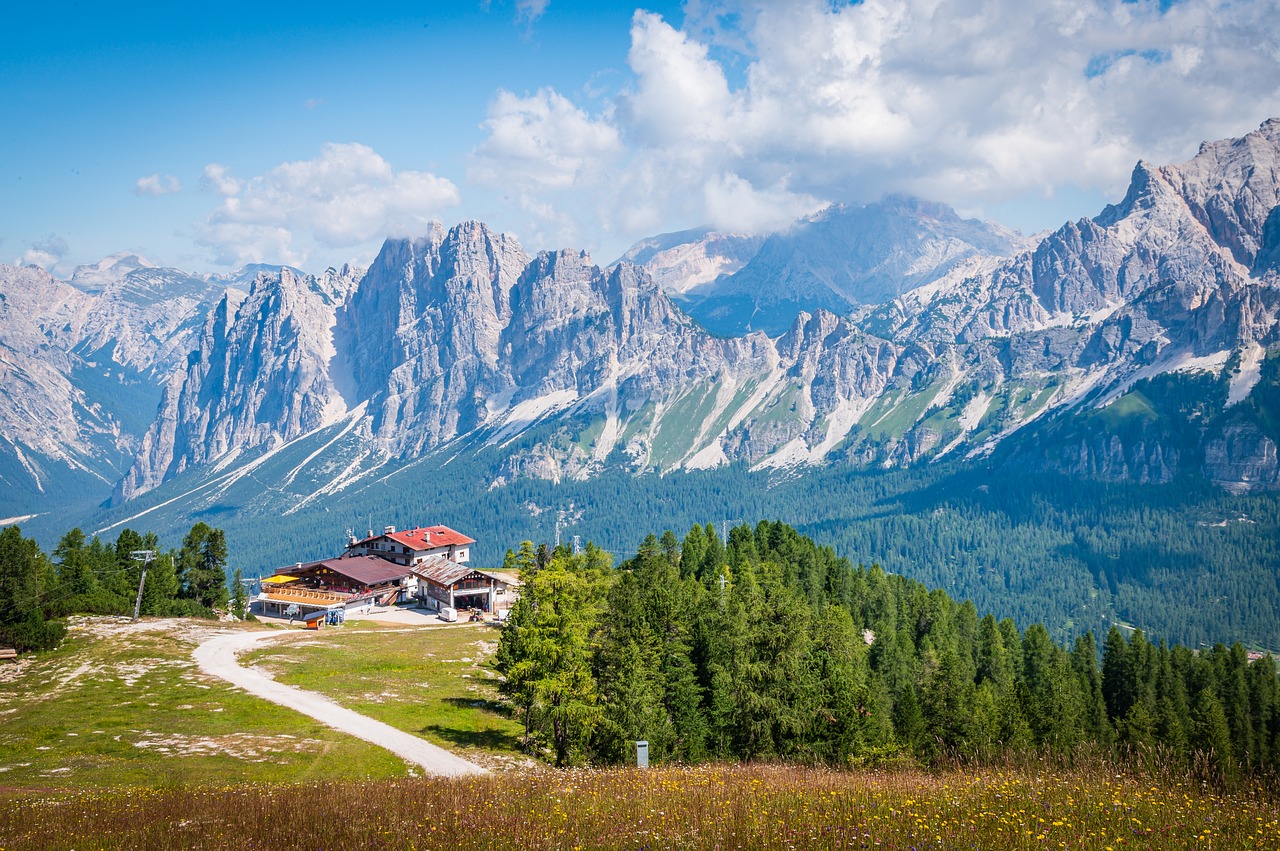Sustainable Tourism Partnerships: Collaborating for Environmental Protection
The tourism industry faces a multitude of challenges that threaten its sustainability and growth. One of the biggest challenges is overtourism, where popular destinations become overcrowded, leading to environmental degradation, cultural erosion, and strained local resources. Balancing the need to attract tourists with the responsibility to protect and preserve the destinations is a delicate task that many destinations struggle to navigate.
Another significant challenge in the tourism industry is the impact of climate change. Rising temperatures, extreme weather events, and sea-level rise are not only affecting popular tourist destinations but also disrupting travel patterns and altering travelers’ preferences. The industry must adapt to these changes by adopting more sustainable practices, reducing carbon footprints, and promoting eco-friendly tourism options to mitigate the impact of climate change.
The Importance of Environmental Protection in Tourism
Tourism, a thriving industry with millions of travelers exploring new destinations each year, has a significant impact on the environment. The rapid growth of tourism has led to various environmental challenges such as pollution, habitat destruction, and strain on natural resources. Without proper environmental protection measures in place, these issues can escalate, jeopardizing the very destinations that attract visitors.
Environmental protection in tourism is crucial not only for preserving the beauty and integrity of natural landscapes but also for sustaining the tourism industry itself. As travelers become more environmentally conscious, they are increasingly drawn to destinations that prioritize sustainability and conservation efforts. By implementing practices that minimize environmental impact, such as promoting eco-friendly accommodations and supporting local conservation initiatives, destinations can attract responsible tourists and ensure the long-term viability of their tourism sector.
• Sustainable tourism practices help preserve the natural beauty of destinations
• Conservation efforts can protect wildlife and ecosystems for future generations
• Eco-friendly accommodations reduce carbon footprint and promote responsible travel
• Supporting local communities through tourism can help alleviate poverty and foster cultural exchange
Benefits of Collaboration in Sustainable Tourism
Collaboration in sustainable tourism fosters a shared sense of responsibility among various stakeholders within the industry. By working together, businesses, local communities, and governmental bodies can combine their expertise and resources to create more effective and lasting sustainability initiatives. This collective approach not only enhances the overall impact of such efforts but also ensures that they are more comprehensive and well-rounded in addressing environmental, social, and economic aspects of sustainability.
Moreover, through collaboration, different players in the tourism sector can leverage each other’s strengths to overcome common challenges and barriers to sustainability. By jointly identifying and implementing solutions, they can drive innovation, improve efficiency, and achieve greater positive outcomes for both the environment and the community. This spirit of collaboration not only promotes a more holistic and integrated approach to sustainable tourism but also cultivates a culture of mutual support and partnership that is essential for long-term success in preserving our natural and cultural heritage.
What are some challenges faced in the tourism industry?
Some challenges in the tourism industry include over-tourism, environmental degradation, cultural exploitation, and lack of local community engagement.
Why is environmental protection important in tourism?
Environmental protection is crucial in tourism to preserve natural resources, reduce carbon footprint, protect wildlife and ecosystems, and ensure sustainability for future generations.
How can collaboration benefit sustainable tourism?
Collaboration in sustainable tourism can lead to shared resources, knowledge exchange, increased innovation, improved infrastructure, enhanced customer experiences, and overall positive impact on the environment and local communities.





